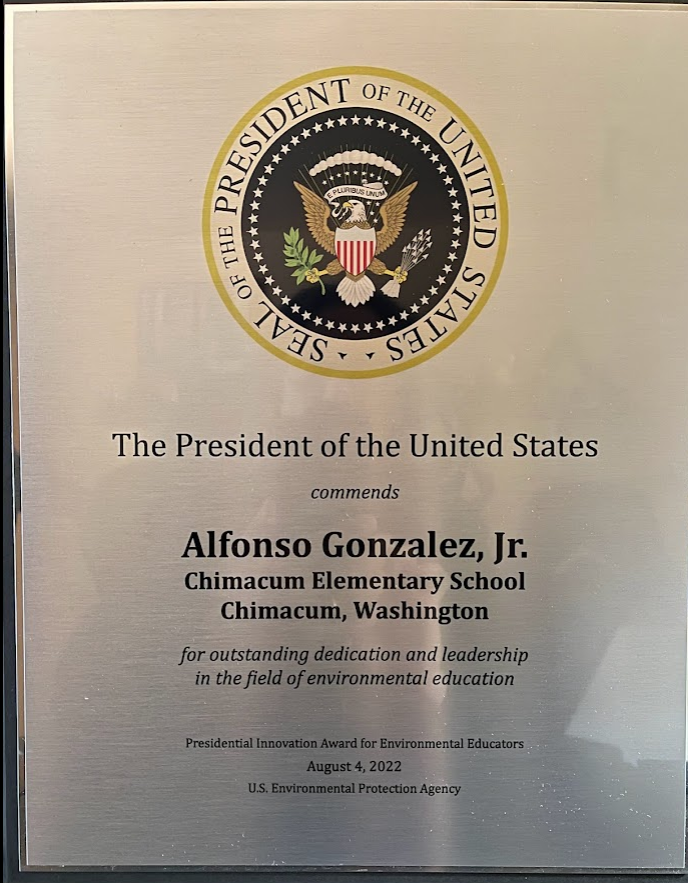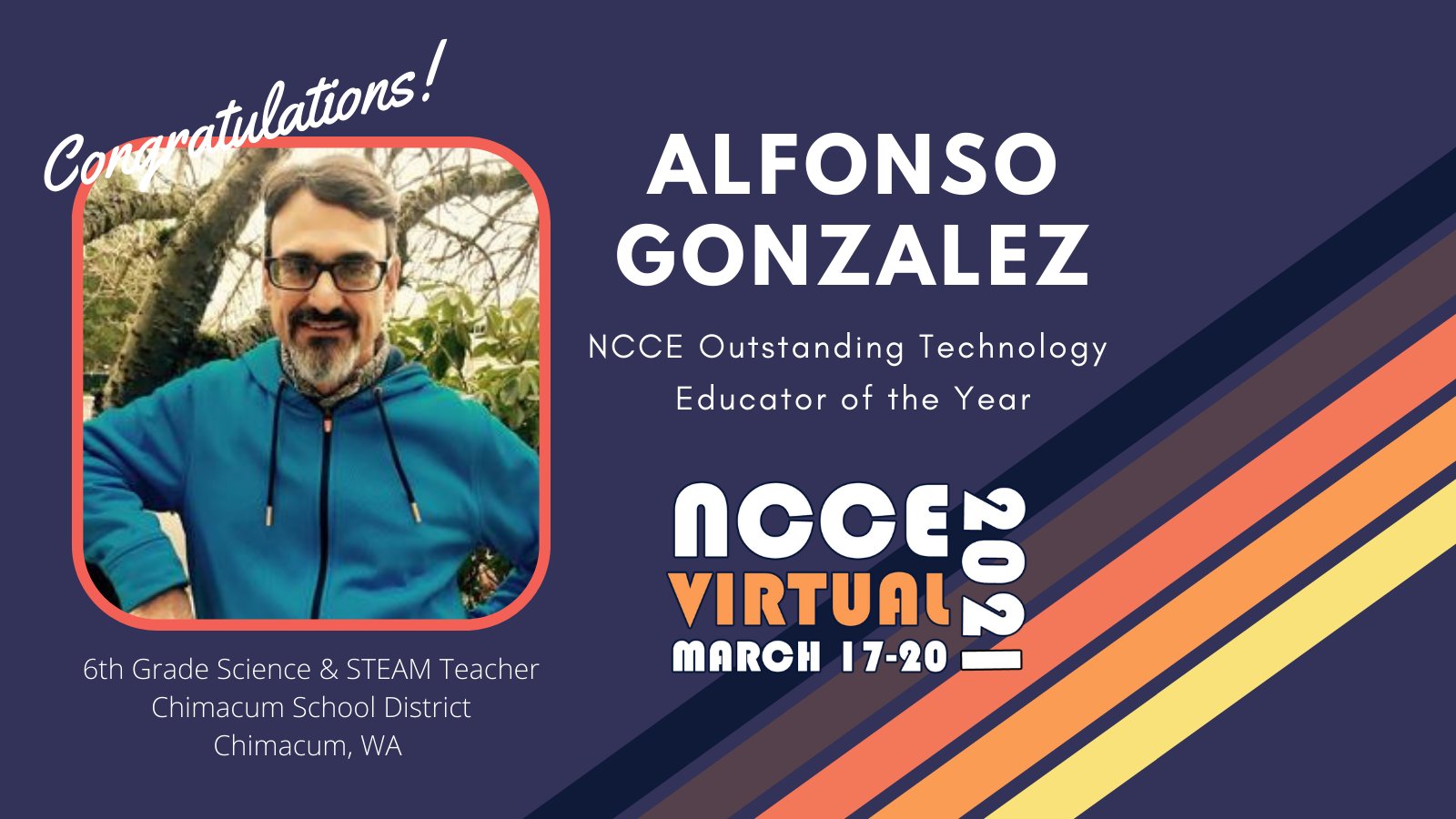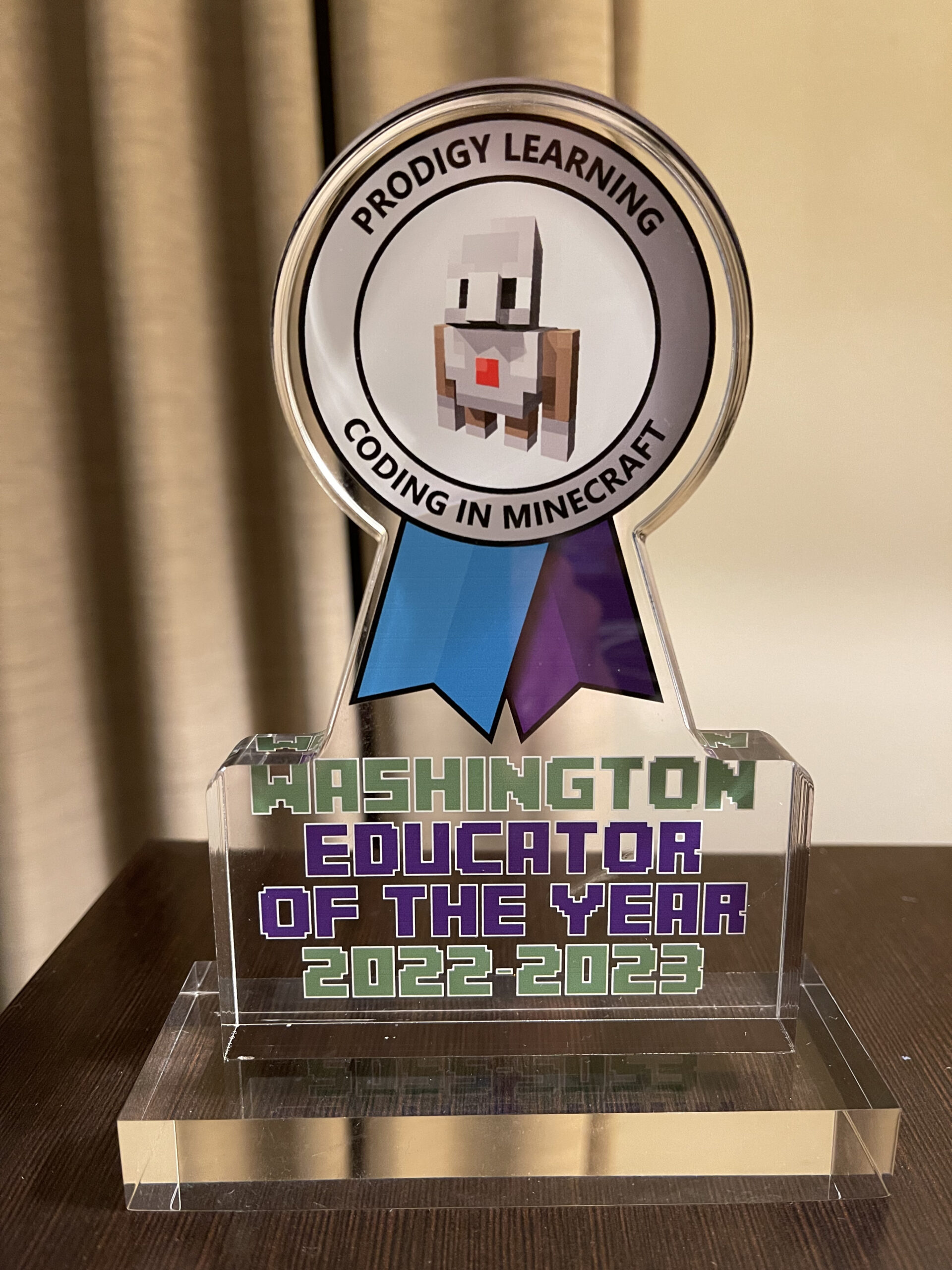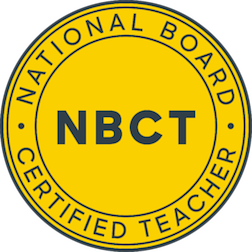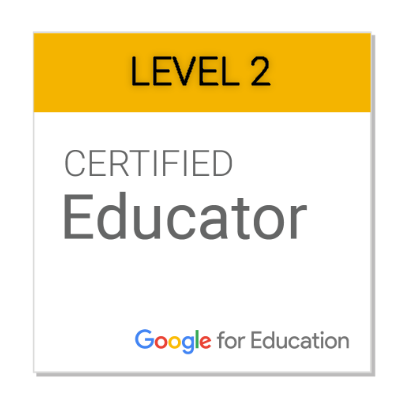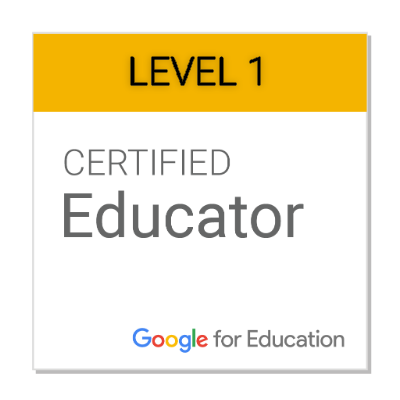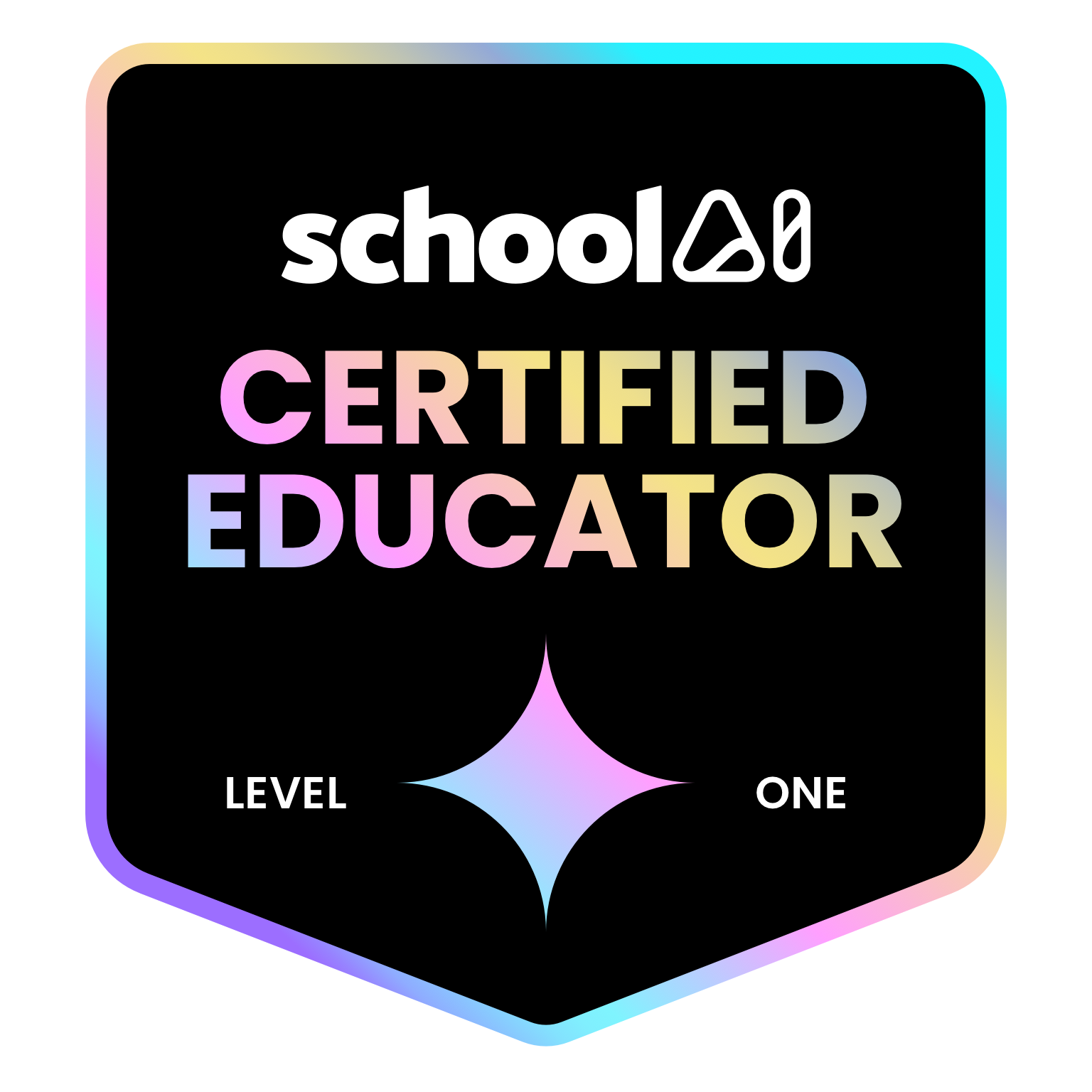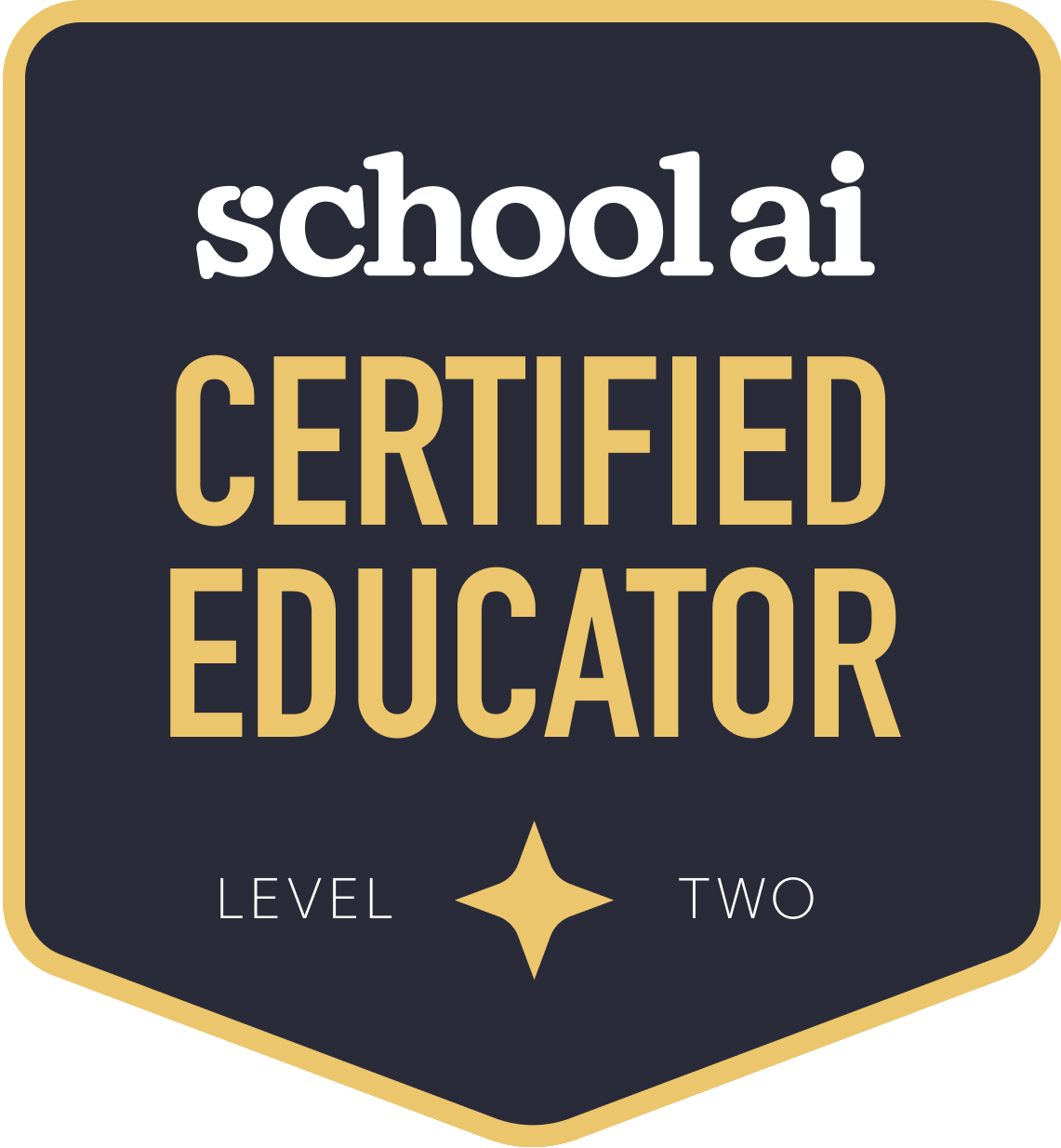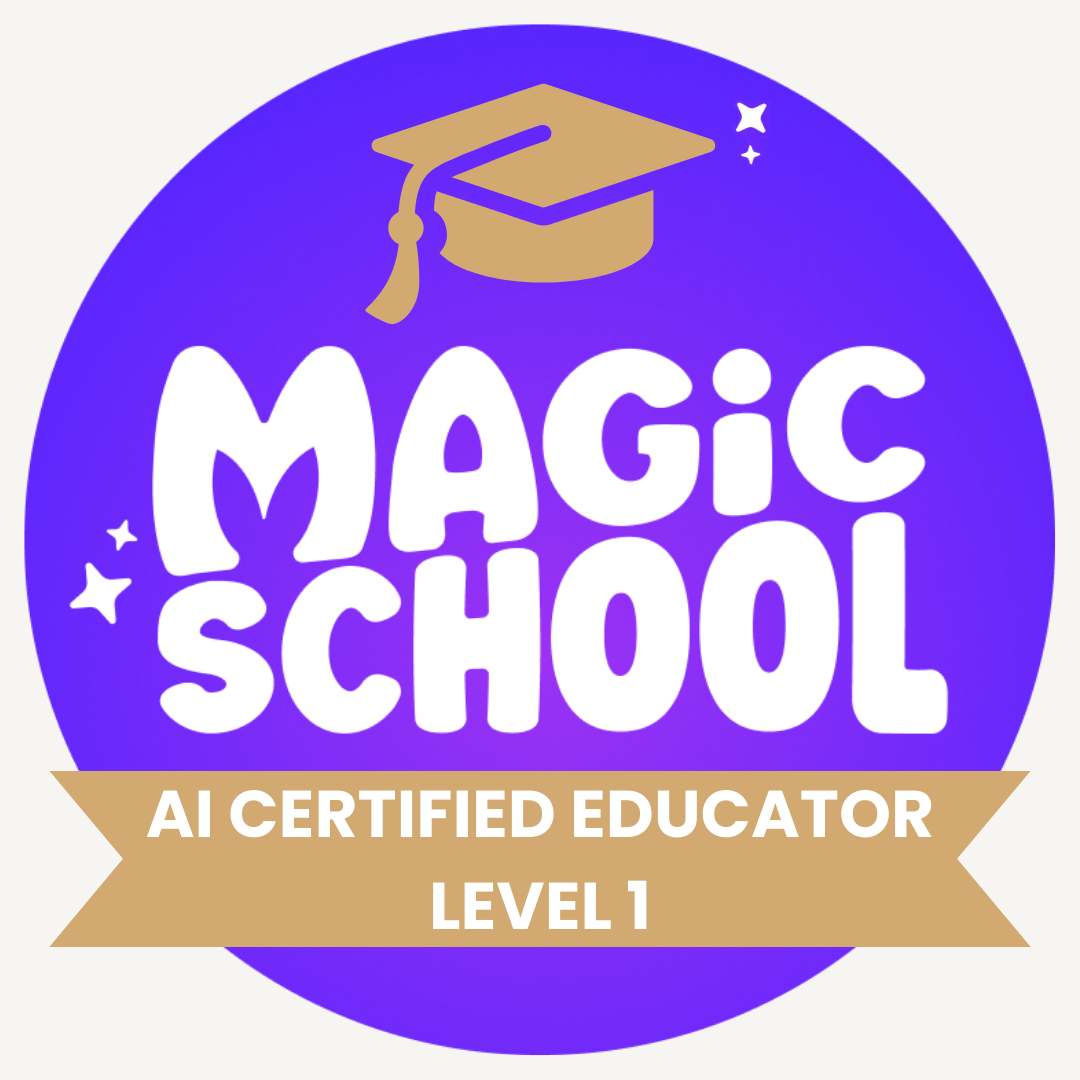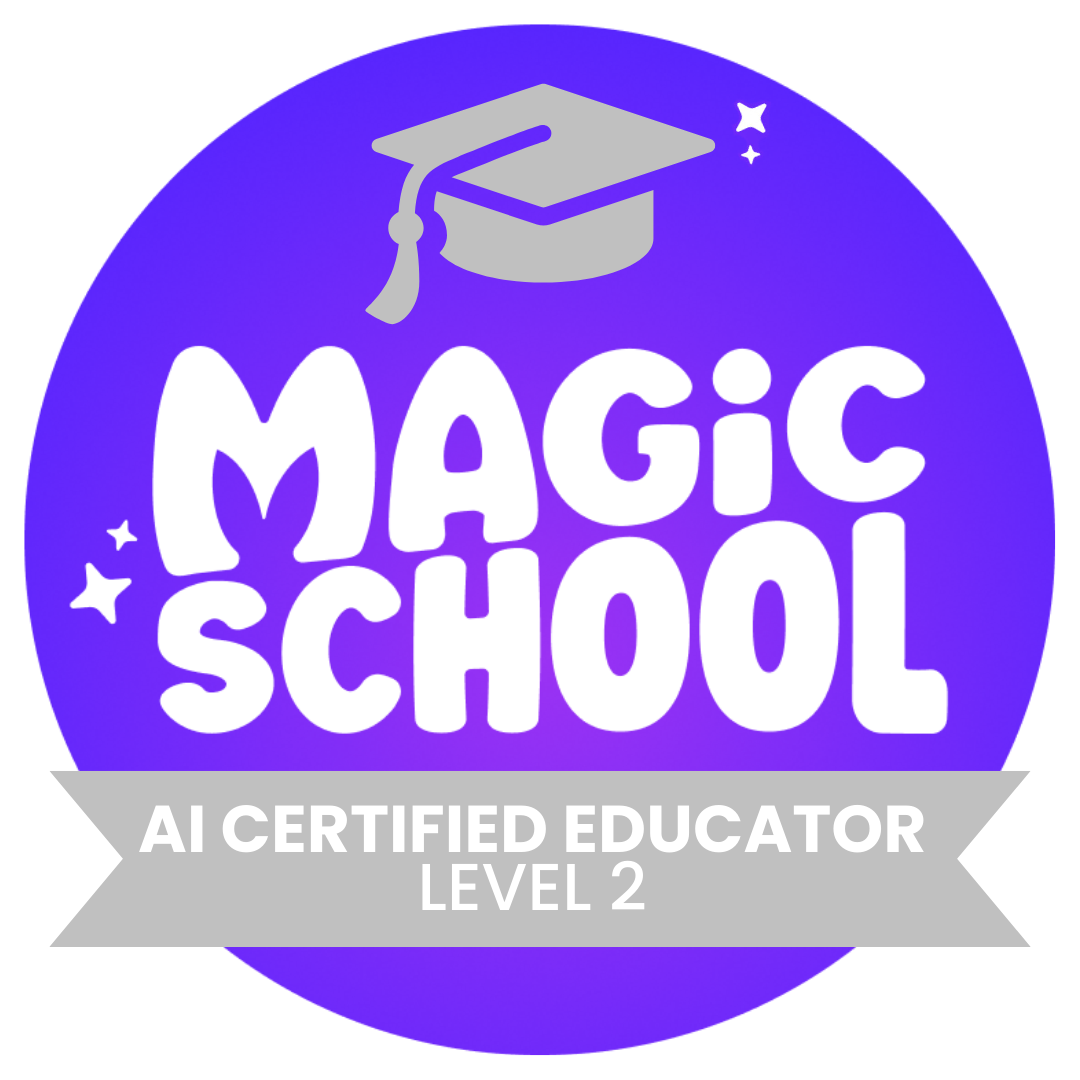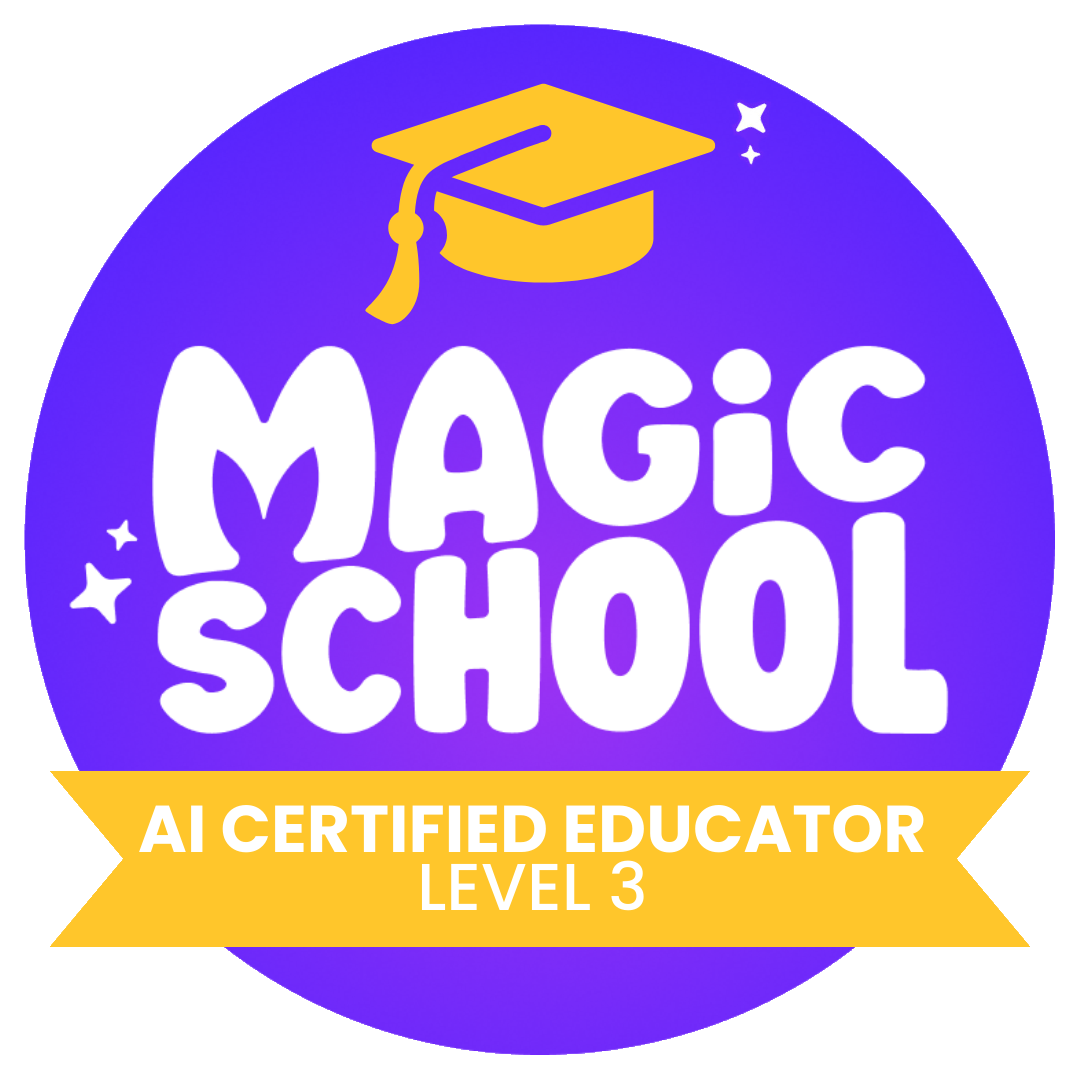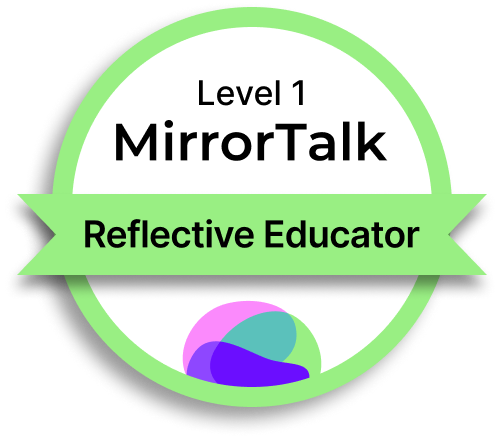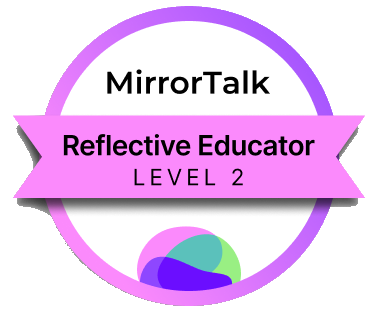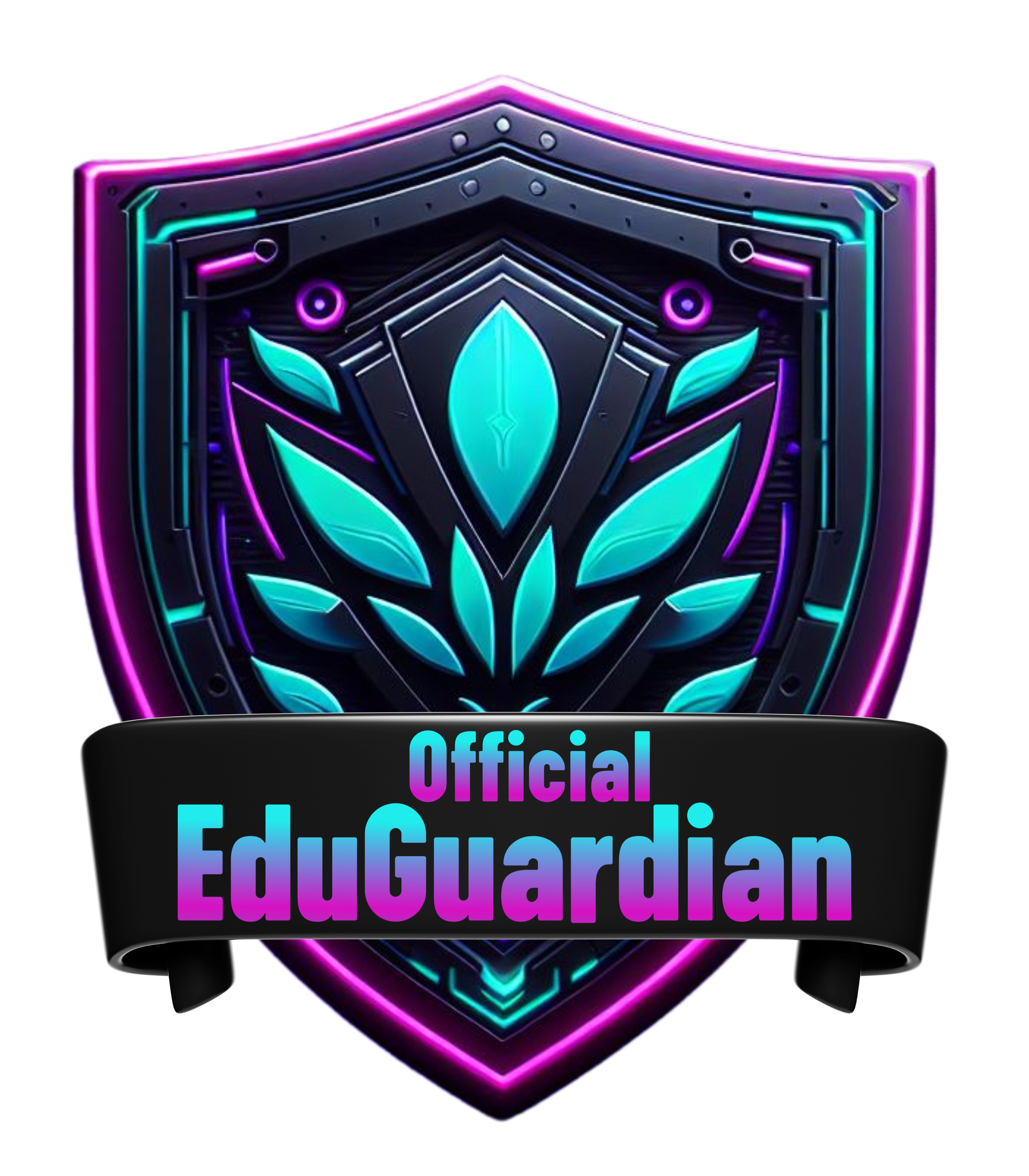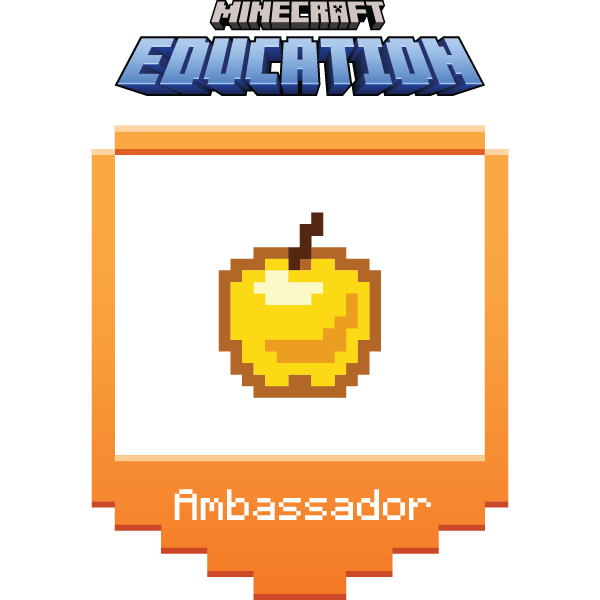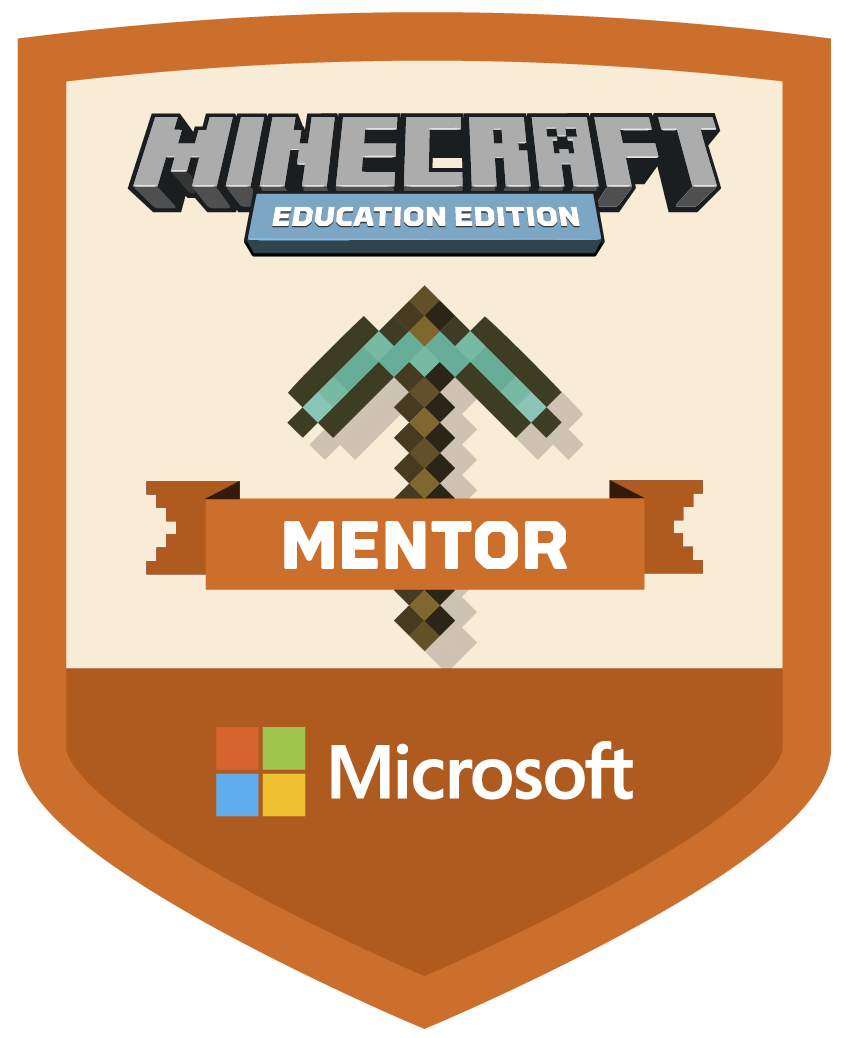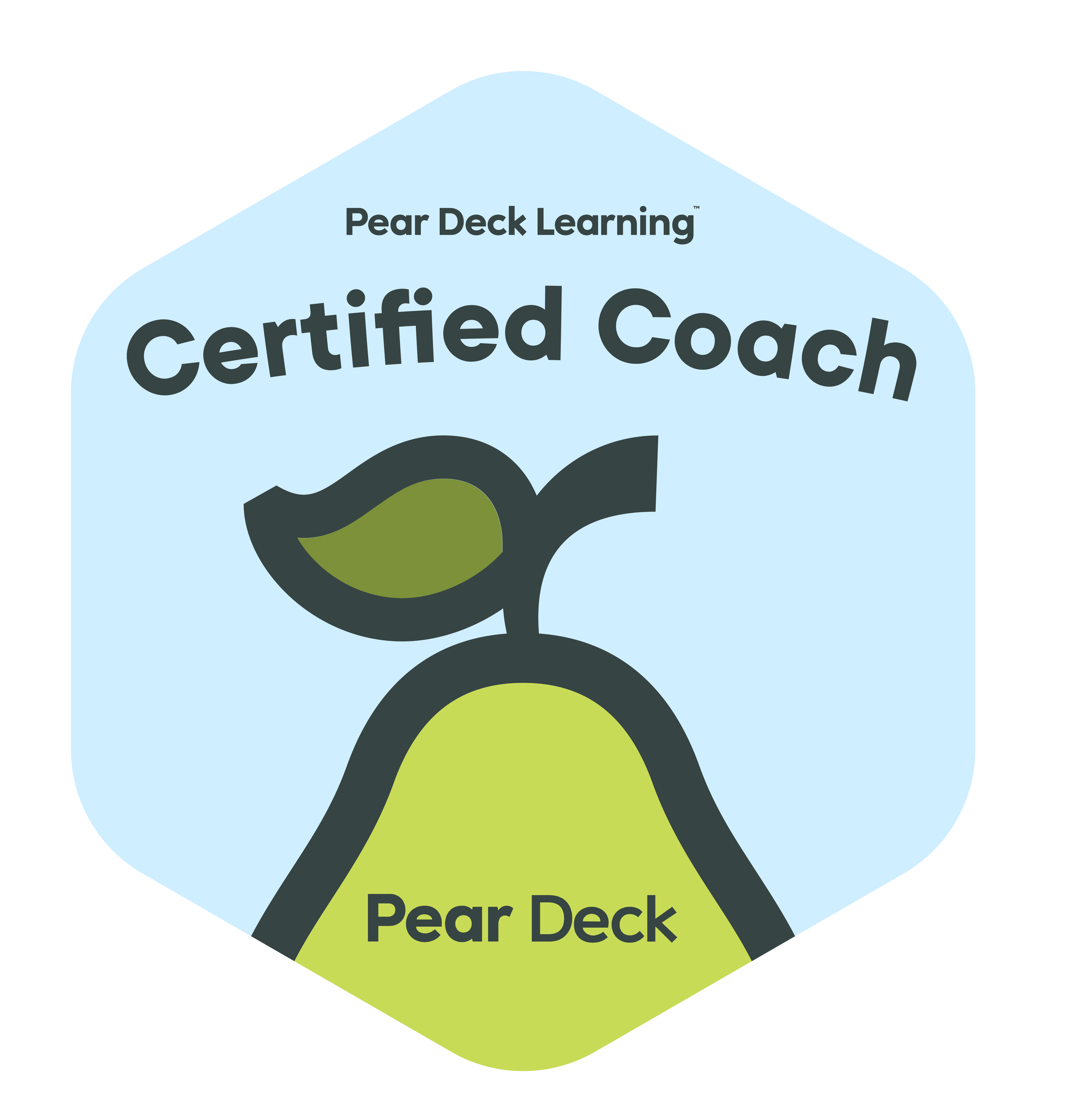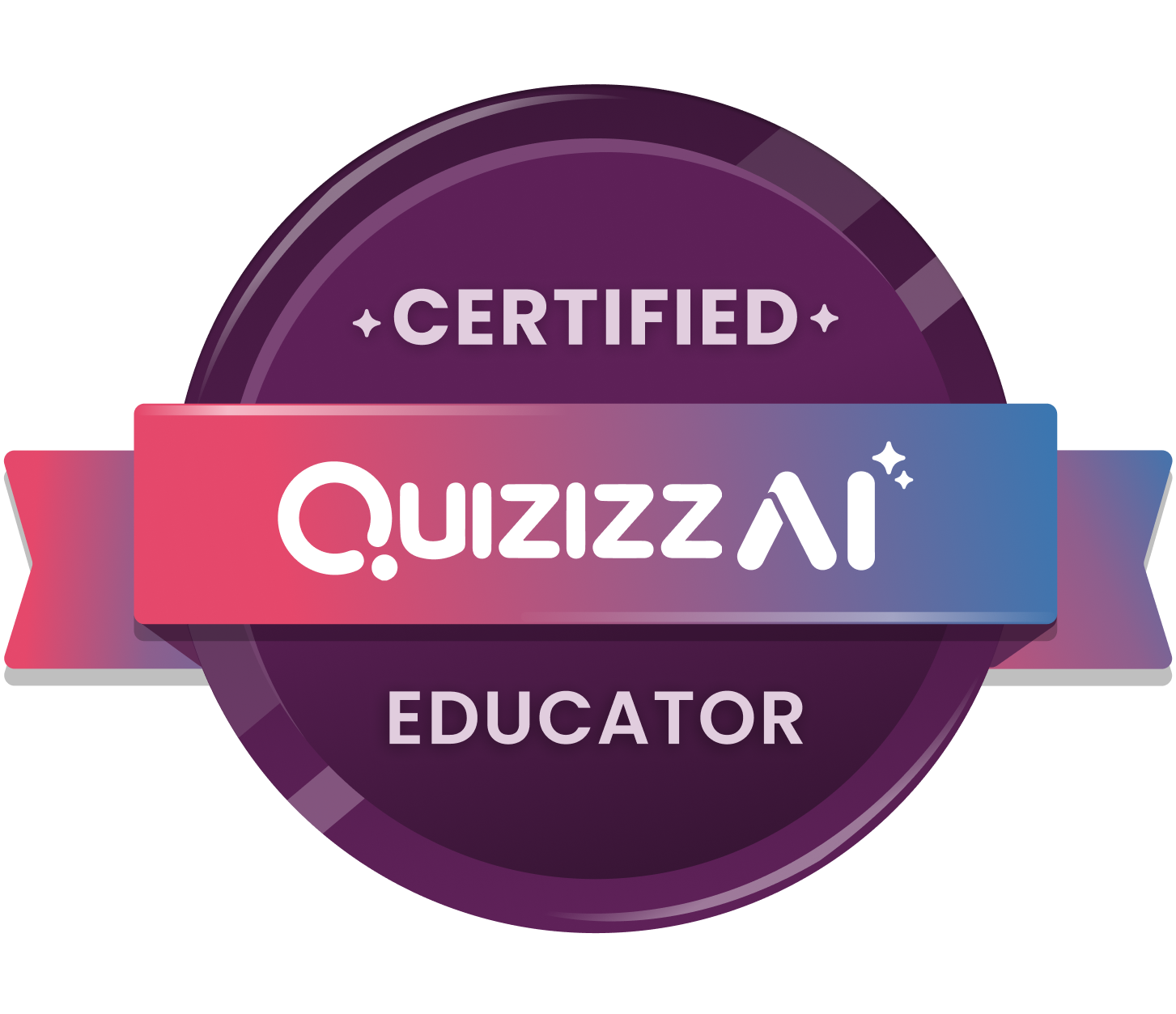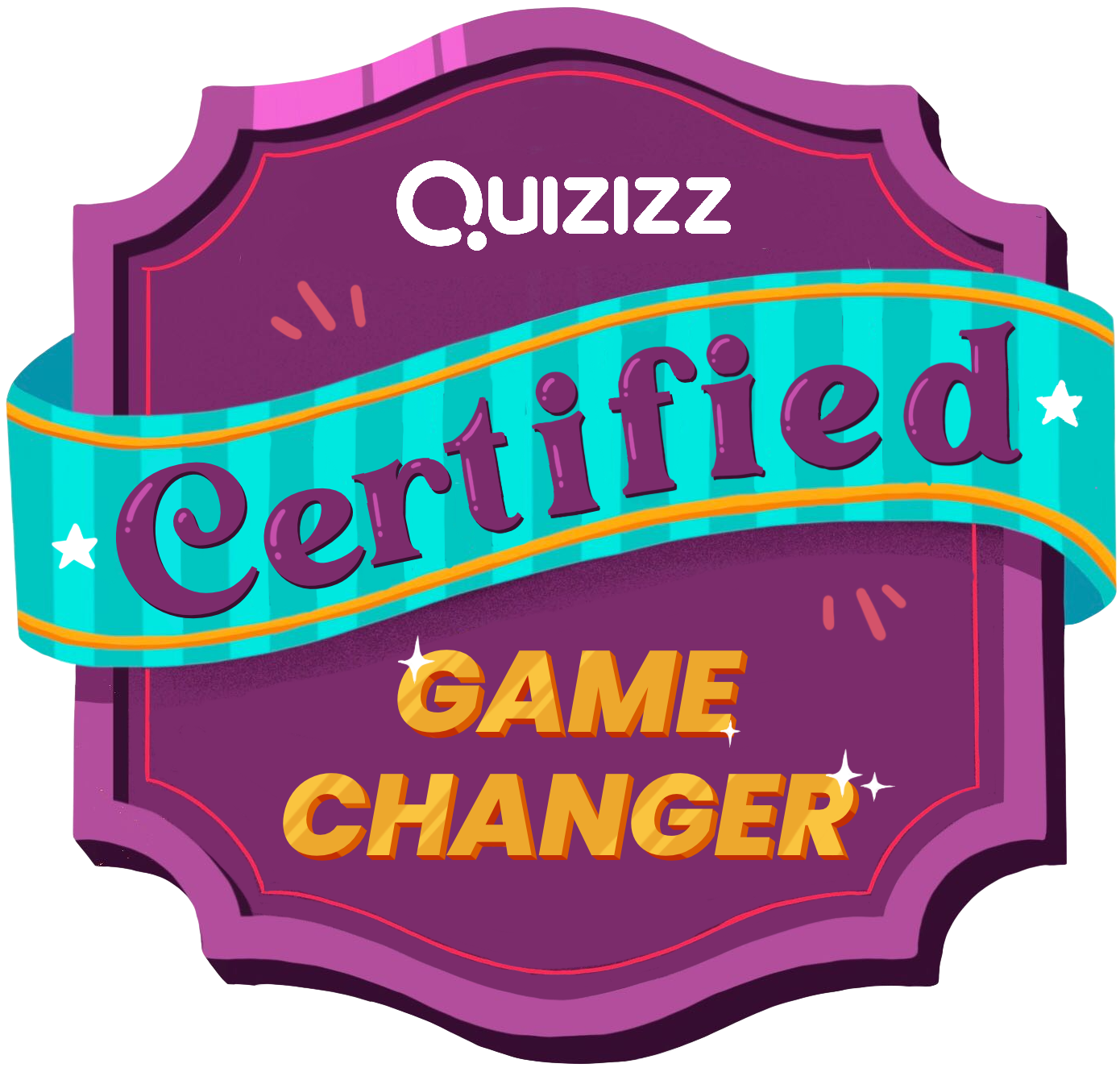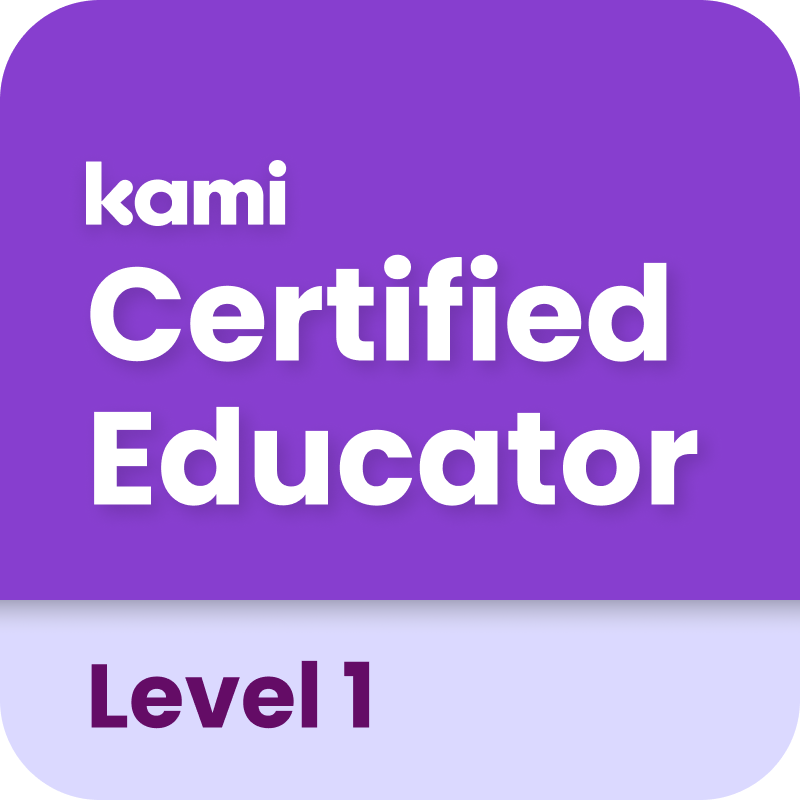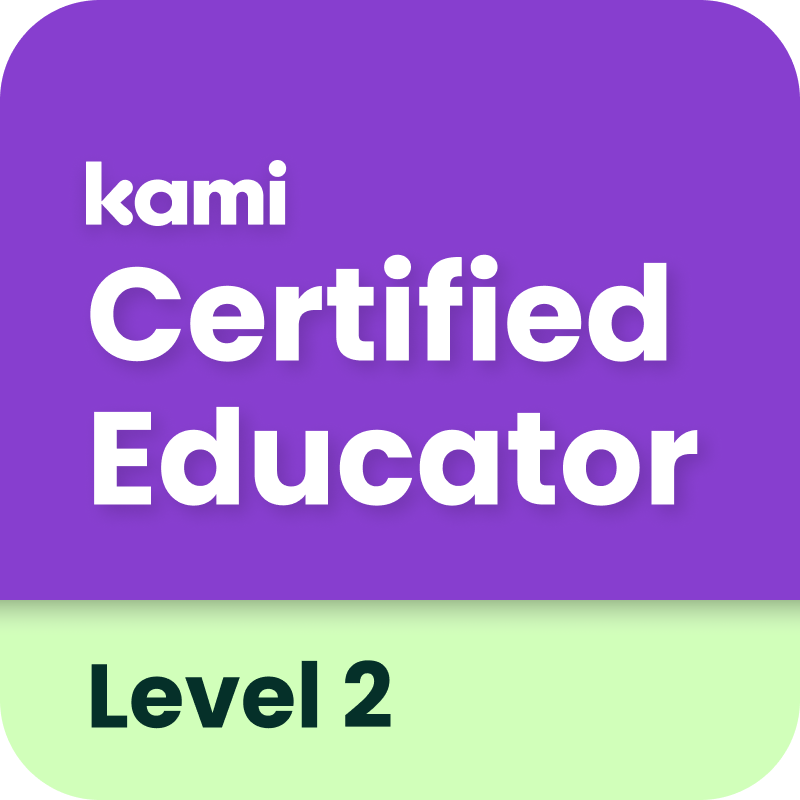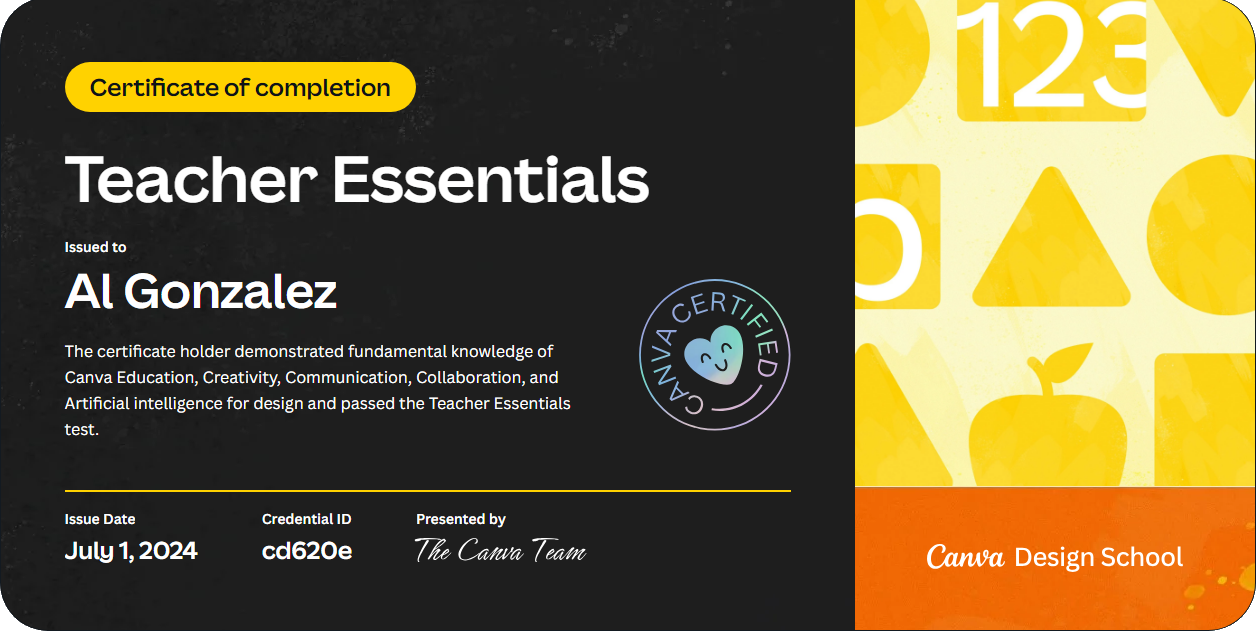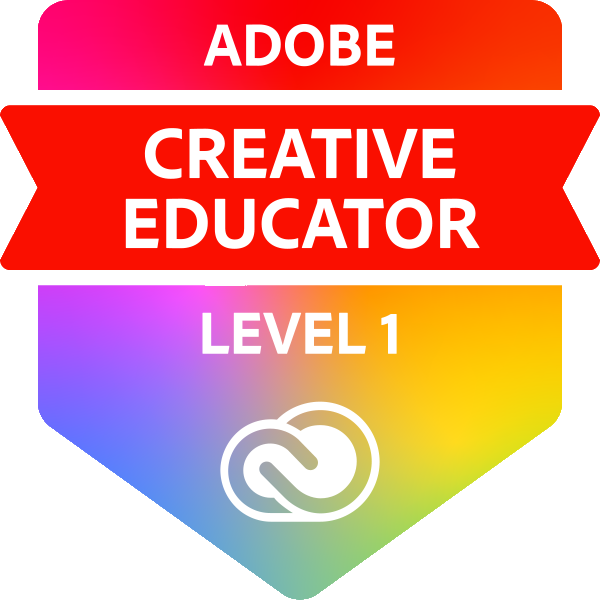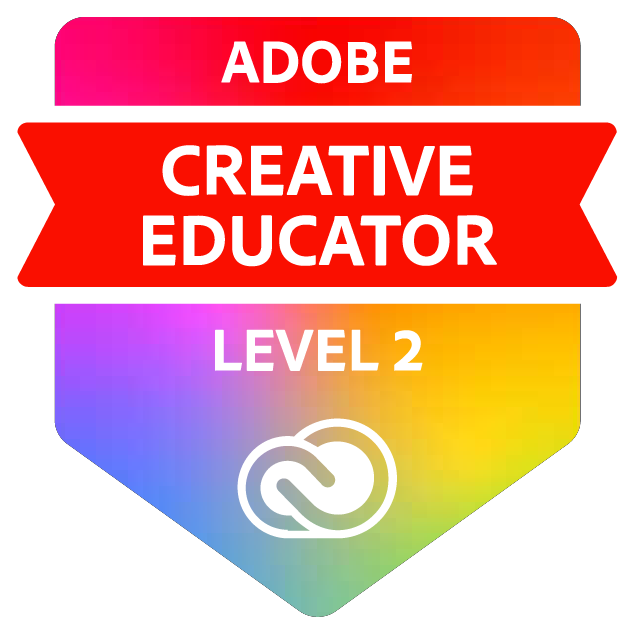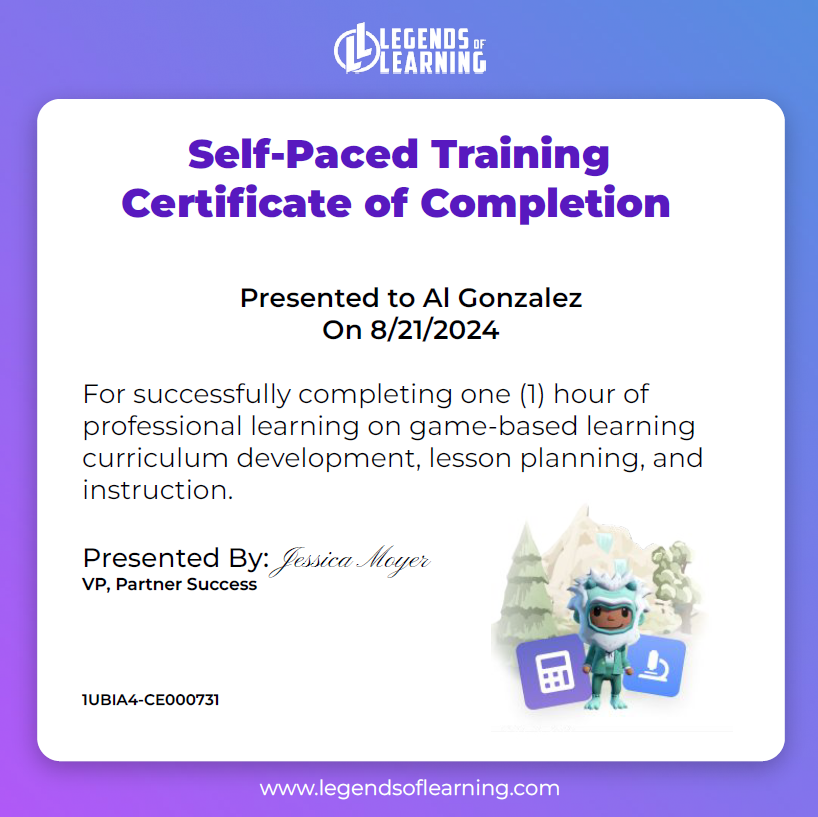 Many of the blogs I’ve been reading, twitter conversations I’ve been reading or participating in, twitter chats I’ve been participating in, and guest blogs I’ve been writing and reading have been bringing back a nagging concern I have for our students. I think I’ve also read the response in the same tweets and blogs that brought it to mind in the first place but I feel the need to put it out there and see what others think about it.
Many of the blogs I’ve been reading, twitter conversations I’ve been reading or participating in, twitter chats I’ve been participating in, and guest blogs I’ve been writing and reading have been bringing back a nagging concern I have for our students. I think I’ve also read the response in the same tweets and blogs that brought it to mind in the first place but I feel the need to put it out there and see what others think about it.
My dilemma centers around this whole idea of making learning engaging, exciting, accessible, easy. Before I go on let me just say that I’m all for making learning engaging and relevant for my students. I’m the first to try a new tech tool if I feel it will make learning the same old content new and exciting. But I still worry that in this age of way too much tech, where even our words are finished for us so we barely have to learn to spell, that we might be giving our students the wrong message. That there’s an easy way to get through learning and life. That less effort is the way to go.
I could be wrong but in my limited experience it seems that the most successful people, the ones we all hear about and the ones we all know, work their collective butts off. Time and again I keep hearing, reading or watching that it’s not how much natural talent you have or how good you are at something but how hard you work at it. Thinking of this I had to watch the movie Rudy again on Netflix because it’s so inspiring. How many great people, who have made incredible contributions to our world, did so in spite of repeated and consistent failure? It’s mind boggling.
So how do we inspire, convince, encourage or otherwise help our students realize that it’s their hard work, their effort, and not any notions of intelligence or talent or gift that will allow them to succeed and realize their full potential in life? Sir Ken Robinson writes and talks at length on this very topic. Finding our passions will help us enjoy what we do so that we will do it more so that we may realize our potential!
But is that enough? We need to encourage, not discourage, our students to explore so they can find their passions while not squashing any passion they have at the moment. We need to develop or nurture in ourselves a belief in the growth mindset (vs fixed mindset) so we don’t judge our students by their test scores and make up our minds about their abilities or intelligence. We also need to rethink how we assess our students, which is why I joined Joe Bower’s Grading Moratorium. In my PLN there has been so much talk about grades and assessment. What is truly great isn’t whether or not every teacher abolishes grading completely but that we are having these discussions, that we are challenging the way we do things and that we aren’t doing things just because it’s the way things have always been done or because that’s what way it was done to us. The fact that teacher’s are looking for ways to improve the way they help their students learn is what needs to be done.
We also need to watch what we praise when we work to encourage our students. Studies show that by praising achievement or intelligence students are less likely to take risks because they stand to lose more. They become unintelligent, which is too much to bear. While praising effort does the opposite. When it’s your hard work that is your goal then failure is just seen as a stepping stone to success. Risk taking is okay because the harder you work, the more effort you put in, the better you do. It has nothing to do with your intelligence or talent. You want to get better at basketball, practice every day. You want to learn more math, practice everyday. It makes so much sense. Nothing is more depressing to me than hearing a young 6th grader tell me that he or she is not good at math or not good at science. My thought is, “What? So soon? You’ve barely started your life and your educational career and you’ve already given up?” We all need to be lifelong learners so we can’t somehow convince our students that they can’t do something!
So yes, as an educator I am concerned that something I do might indicate that the easy road is the way to go. Is it okay to sometimes have to do unappealing work to later get good at something. I read somewhere that basics aren’t necessary anymore or shouldn’t be taught anymore. Is that true? Are we shying away from teaching kids certain things because they are “boring.” I tell my students that I’d rather not hear that word. I hate that word. It’s an excuse to not do something. I have students who it find it boring to read or write. It’s still a necessary way to learn so even if you have a hard time reading or writing you should still learn and practice to get better at it. I love my job but not all facets of it are engaging and exciting. And what ever happened to learning a discipline or being an apprentice or intern? They have to do the less appealing parts of their profession before they can be the one giving the orders. I guess I’m having a hard time defining what is truly 21st century and where 20th century (or 19th even) ideals need to give way.
Is it time for grunt work to go? Is it time for basics to give way entirely? Is it okay to sometimes do “boring” work? Wow, I guess I started ranting. It’s good to think about what we are having our students do. We have to look at what our students are doing and ask ourselves if it’s worth having then do so they can learn or get better at something. Sports have drills so why can’t content areas? Of course you can’t do drills all the time without actually using those skills. I guess it all boils down to balance. If our students are consistently doing engaging, relevant, fun work then they won’t be so turned off by having to do tedious work every once in a while.

